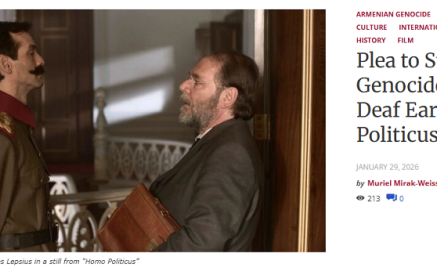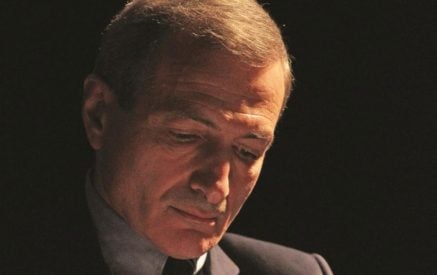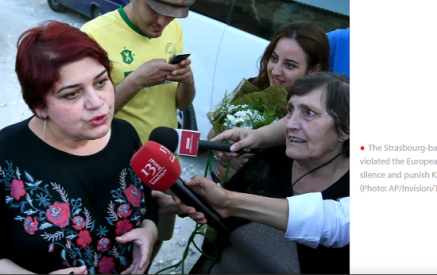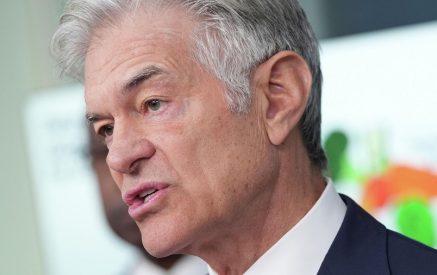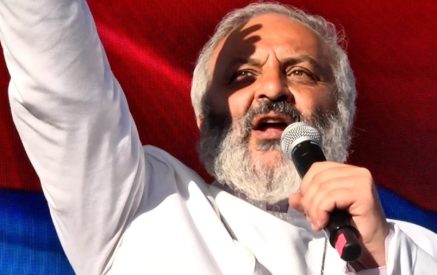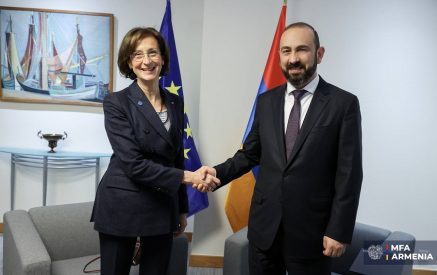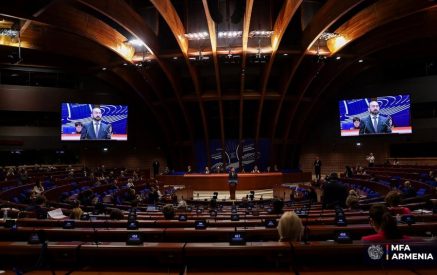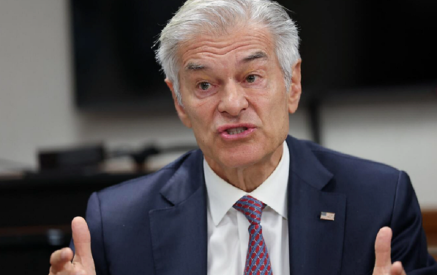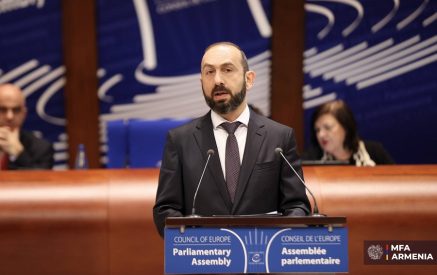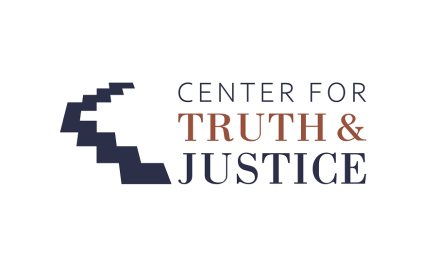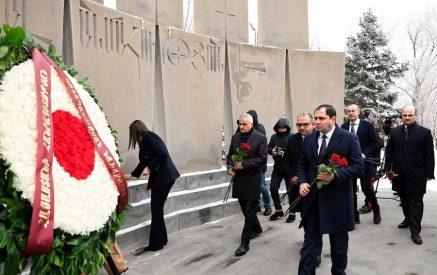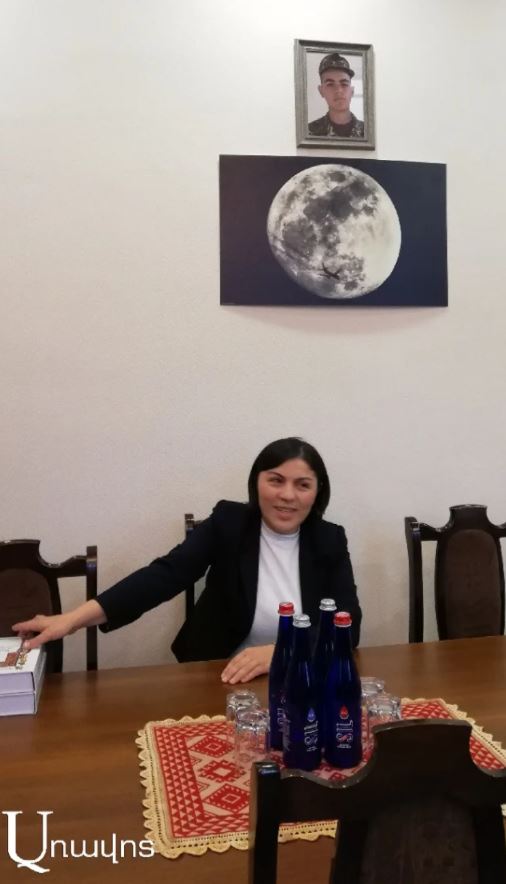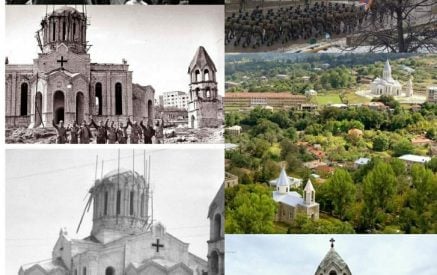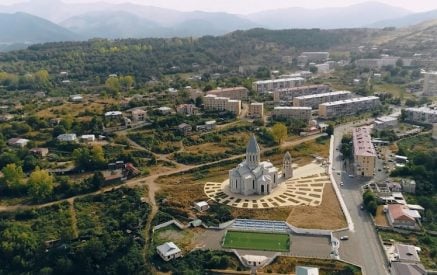As a result of the war in 2020, in addition to the thousands of human casualties and territorial losses, we also had the loss of historical and cultural heritage. More than 1,500 churches, monasteries, fortresses, khachkars, museums, reserves, and other historical and cultural centers have come under Azerbaijani control. Today, 90 of those 1,500 have already been physically destroyed or the Armenian trace has been completely erased from them. The Minister of Education, Science, Culture, and Sport of Artsakh Lusine Gharakhanyan informed journalists in Artsakh about this.
However, she noted that before the war, all our monuments were documented. That is, all the available information about each of them was compiled and photographed in all details, and all that was preserved in digital form. That digital archive was quickly evacuated and moved to Armenia during the war. At present, the Artsakh “Historical Environment Protection Service” SNCO is creating a website that will contain information about all the monuments of Artsakh. The tendency of the Azerbaijani authorities to distort historical facts and embezzle the cultural treasures of others is known all over the world, but the persistent and targeted policy of that country and the huge amount of money spent on it plays a role.
“Facts” obtained by distorting historical facts or simply fabricating them are published and distributed all over the world, in which there are such outrageous lies that a knowledgeable person is simply astonished, but for the uninformed, they are statements of facts, and they leave corresponding impressions and sentiments on those people. The Armenian side has never been a competitor to Azerbaijan in terms of presenting its historical and cultural heritage, neither in terms of resources nor purposefulness. But now it is even more passive. In order to fill this gap, a large conference is planned in Artsakh in March that serious specialists will be invited to, including from abroad, and during the conference Azerbaijan will counter Azerbaijan’s aspirations to “Albanize” or “Udiize” Armenian cultural centers. Ms. Gharakhanyan, as a psychologist by profession, called Azerbaijan’s aspirations a “pathological self-exaltation.”
Read also
Ms. Gharakhanyan, presenting the 12 museums we lost, 10 of which were state-owned and 2 private, said that the Museum of Armenak Khanperiants Marshal Khudyakov and the Museum of the first President of Artsakh Arthur Mkrtchyan remained in Hadrut, and since there was a “blitzkrieg” in Hadrut in the first days of the war, there was no hope that those museums would be saved. One of our prides, the Tigranakert Museum, located in Akna (Aghdam), was not taken by a fight, but passed to the enemy as a result of a trilateral agreement. As for the museums of Shushi, until the end no one imagined that our impregnable Shushi could ever be captured.
“People even took their valuables from Stepanakert to Shushi because they did not think for a second that Shushi would fall. That is why the exhibits in the Shushi gallery were not evacuated, and when we realized that it was necessary, it was dangerous.” Among the samples left in the gallery were works by Carzou, Jansem, and Saryan. Ms. Gharakhanyan noted that there are 40 works by Azerbaijani painters in Artsakh, and they, through Russian peacekeepers, offered to exchange those works for our cultural heritage, but did not receive a positive response.
The Minister of Education and Science of Artsakh considers that what Azerbaijan is doing by seizing the samples of our historical and cultural heritage and not allowing us to have a tangible connection with them has a simple name – ethnocide. “When you have a strong spiritual connection with the structure that represents your identity, your spiritual portion, and you are forced to sever that connection.”
According to her, the Turkish flag flying over Shushi reminds the people of Artsakh of 1915, and the visit of Erdogan, who denies the Genocide and openly hates of Armenians, to Shushi was a real psychological terror for the people of Artsakh.
Melanya Barseghyan




